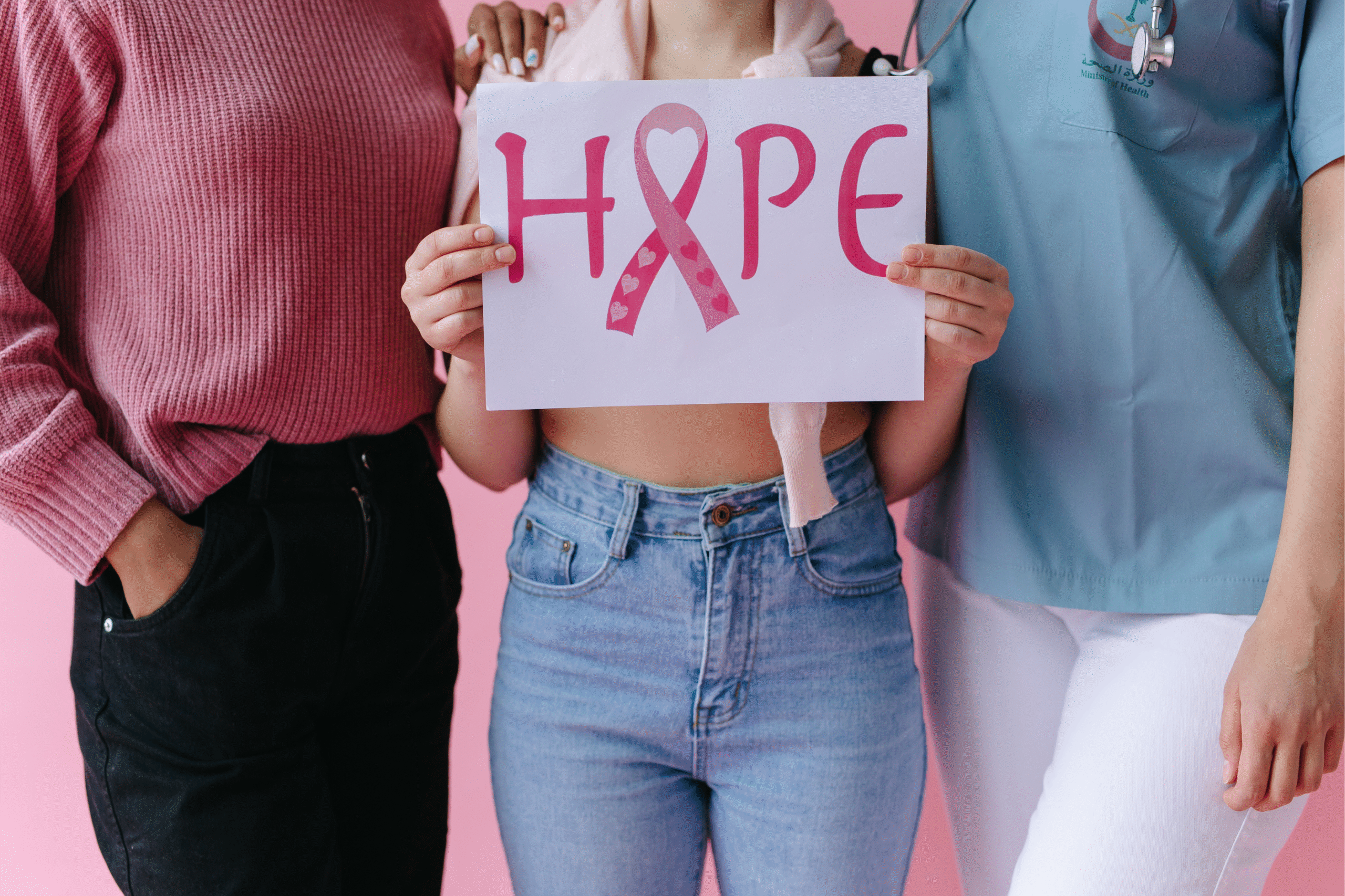Young and Strong: Overcoming Breast Cancer in Your Teens

Breast cancer is often thought to affect older women, but the truth is, it can occur at any age—including during the teenage years. Though rare, breast cancer in adolescents and young adults is a growing concern. According to studies, it tends to be more aggressive in younger patients and is often diagnosed at a later stage, which makes early detection even more critical.
Causes and Risk Factors
The exact causes of breast cancer in teens and young adults aren’t fully understood. However, certain risk factors have been identified. Genetic mutations, particularly in genes like BRCA1 and BRCA2, play a major role. A family history of breast cancer—especially if diagnosed at a young age—can also increase the risk. Exposure to radiation, either from previous medical treatments or environmental sources, may further elevate the risk.
Symptoms and Early Detection
Symptoms of breast cancer in young individuals are similar to those in older adults and may include:
- A lump or thickening in the breast
- Changes in breast size or shape
- Nipple discharge or changes
- Skin changes such as redness or dimpling
Awareness is key. Young people should be familiar with how their breasts normally look and feel, and report any unusual changes to a doctor. While breast self-exams aren’t a substitute for medical screenings, they are a good way to stay in tune with your body.
At Healius Cancer & Hematology Clinics, Dr. Mangesh Kamath, a leading medical oncologist, emphasizes the importance of early evaluation and genetic counseling for young patients with a family history of cancer. “Early detection in young patients not only improves outcomes but also opens up the possibility of less invasive treatment options,” he says.
Treatment and Survival
Treatment for breast cancer in younger patients often includes a combination of surgery, chemotherapy, radiation therapy, and hormone therapy. However, younger individuals may have unique needs that require personalized care plans. Fertility preservation, long-term side effects, and psychological support are crucial considerations.
Thanks to advanced technologies and personalized treatment approaches at Healius Cancer & Hematology Clinics, survival rates continue to improve. Dr. Mangesh Kamath and his multidisciplinary team provide compassionate, comprehensive care tailored to each patient’s journey.
Living with Breast Cancer
A breast cancer diagnosis in your teens or early twenties can feel overwhelming, but it is not insurmountable. Support systems, both medical and emotional, make a huge difference. It’s important to lean on family, friends, and cancer support groups. Maintaining a healthy lifestyle—through exercise, proper nutrition, and stress management—can also support recovery and long-term well-being.
At Healius, patients receive more than just medical treatment—they find a supportive community committed to walking with them every step of the way.
Final Word
While breast cancer in teens is uncommon, it’s a serious health concern that requires awareness and proactive care. By understanding the symptoms, recognizing the risks, and seeking expert guidance, young people can take control of their breast health. If you have any concerns or questions, don’t hesitate to consult Dr. Mangesh Kamath or the specialists at Healius Cancer & Hematology Clinics. Early action can make all the difference.
For Appointment Contact : +91 9900613143

